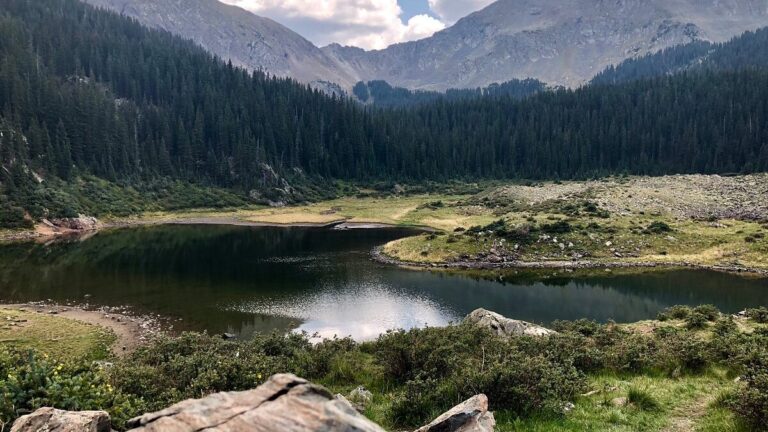Arctic Blast to Blanket Central and Eastern U.S. with Record-Low Temperatures in January 2025

As January 2025 unfolds, a powerful Arctic air mass is set to plunge millions of Americans into some of the coldest conditions in over a decade. Spanning from the Rockies to the Atlantic and Gulf coasts, this intense cold wave is expected to grip more than 40 states, significantly impacting daily life, infrastructure, and energy systems.
A Nation Braces for Extreme Cold
The first surges of Arctic air will arrive during the initial days of January, intensifying and spreading farther south as the month progresses. By mid-January, temperatures across the Central and Eastern U.S. will dip well below seasonal averages, affecting over 250 million residents. Experts predict this could become the coldest January since 2011, as prolonged subfreezing days strain resources and disrupt routines.
While this cold snap may not shatter individual temperature records, its cumulative impact will be severe, particularly for southern states unaccustomed to such harsh conditions. Residents in Texas, Louisiana, and Alabama are among those likely to experience challenges such as frozen pipes, crop damage, and icy roads.
Energy Systems Under Pressure
As temperatures plunge, energy demand will surge to meet heating needs. Utilities in colder regions are preparing for potential stress on power grids, with concerns about rolling blackouts in areas ill-equipped for sustained high consumption.
The spike in heating requirements will also lead to higher energy bills, putting additional financial strain on households and businesses. Authorities are urging residents to prepare by:
- Stocking up on supplies
- Insulating homes
- Ensuring heating systems are in good working order
Southern States Face Unique Challenges
Southern states, where infrastructure is less equipped for extreme cold, are particularly vulnerable. Burst water pipes, icy roads, and power outages are just a few of the risks these areas may face. Agricultural sectors could also be hit hard, as freezing conditions threaten crops and livestock.
State governments and utility providers are working to strengthen grid resilience, while residents are being encouraged to take precautions to mitigate damage and stay safe.
Travel Disruptions Loom
The widespread Arctic air is expected to wreak havoc on travel. Snow, ice, and freezing temperatures will likely lead to delays and cancellations across major transportation networks, including airports, railways, and highways.
Travelers are advised to monitor weather updates, prepare for potential delays, and equip vehicles with winter essentials like emergency kits and snow tires.
Impact on Tourism and Hospitality
This unprecedented cold wave is expected to impact the tourism and hospitality industries. Destinations in the South, typically known for mild winters, may see cancellations as visitors avoid the unusual chill. Meanwhile, ski resorts and cold-weather destinations in the Rockies and Northeast could benefit from increased demand.
Hotels, restaurants, and tourism operators in affected areas should prepare for fluctuating visitor numbers and potential disruptions. Flexible booking policies and contingency plans will be essential for navigating this period.
Staying Prepared for the Cold Wave
As Arctic air continues its relentless advance, authorities are ramping up efforts to help residents and communities prepare. Warming centers and emergency shelters are being set up in vulnerable areas, while public health officials are emphasizing the risks of hypothermia and frostbite.
Key preparation tips include:
- Stocking non-perishable food and water
- Insulating and protecting water pipes
- Ensuring heating systems are fully functional
- Keeping emergency kits handy
- Staying informed through weather alerts
Long-Term Implications
The scale and intensity of this cold wave could reshape how the U.S. prepares for winter, particularly in regions traditionally unaccustomed to extreme cold. If January 2025 becomes a turning point, it may lead to more robust infrastructure and planning to handle future Arctic intrusions.
For now, the focus remains on navigating this prolonged freeze with resilience. From safeguarding homes to ensuring community safety, these coming weeks will challenge individuals, governments, and energy providers alike. Stay safe, stay warm, and be prepared to face what could be one of the coldest starts to the year in recent memory.






